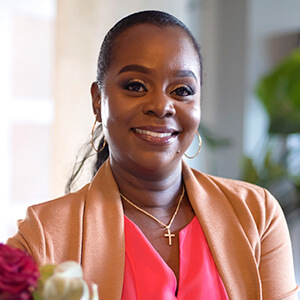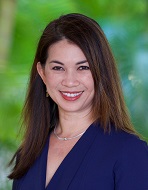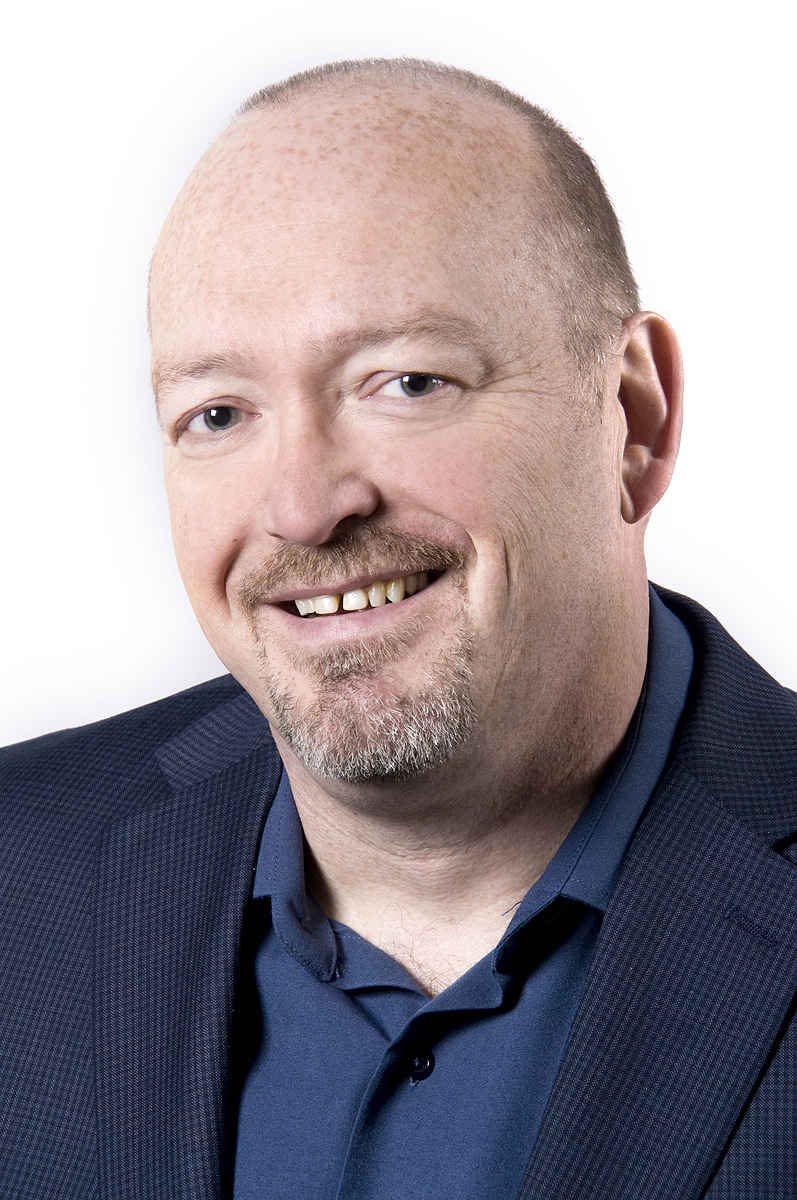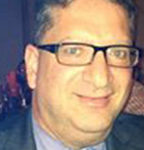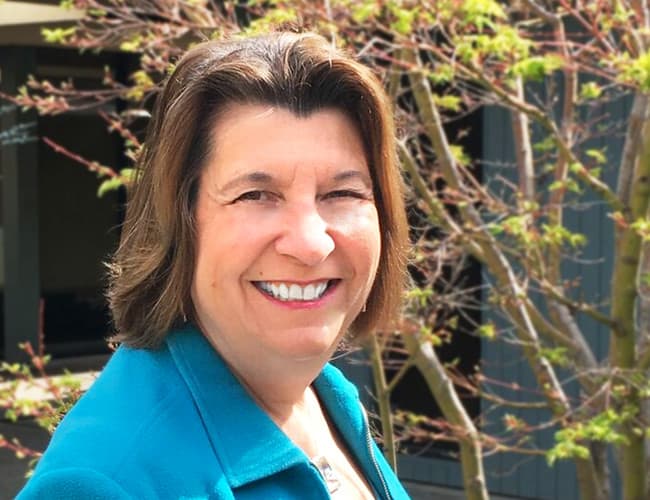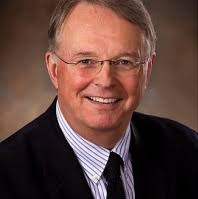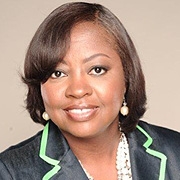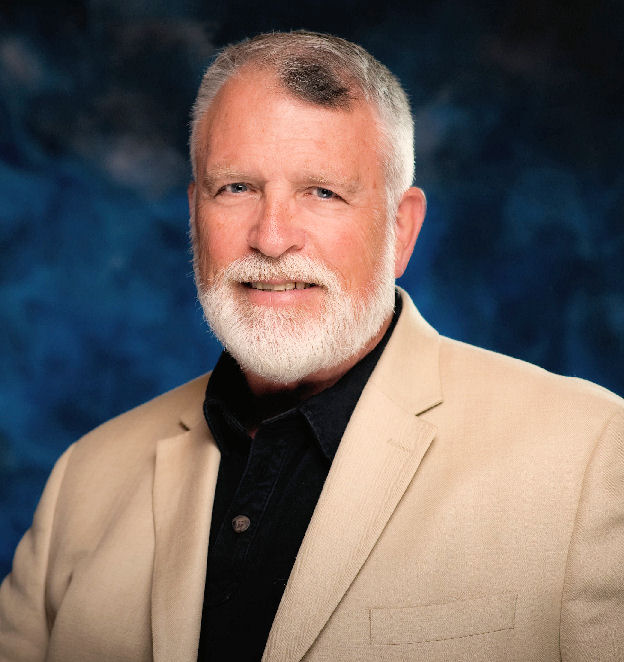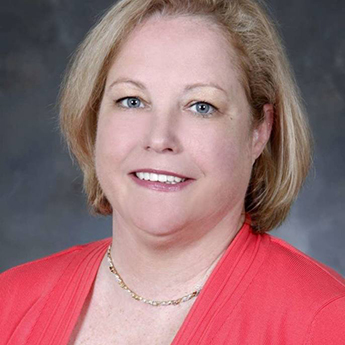Implementing an Effective Succession Plan to Identify, Develop & Retain Your High Potentials
The primary objectives for and deliverables of a Succession Planning program are to:
- Sustain the business through a deliberate and systematic effort to anticipate and ensure leadership continuity in key positions
- Retain and develop the organization's high potential [HiPos]
Encourage individual development by:
- Identifying career paths
- Conducting formal performance appraisals
- Providing daily coaching
- Creating Individualized Development Plans [IDPs]
- Understand what succession is
- Look at a succession plan from both a macro & micro level
- Learn the value & objectives of succession planning
- Discuss multiple tools & processes for developing a succession plan
- Identify the individual roles of the organization, its leaders & the program participants
- Be able to utilize several metrics to gauge the effectiveness of your plan
I. Succession Plan Defined
- A deliberate, systematic process of anticipating the need for talent and ensuring that
- the necessary employee competencies and experience are available when needed
- A strategic approach for avoiding an undersupply of talent, enhancing the organization’s current talent pool, and meeting the organization’s future needs
II. Objectives and Benefits of Succession Planning
- Sustain the business through a systematic effort to ensure leadership continuity in key positions
- Attract, retain & develop high potentials [HiPos]
Encourage HiPos development by:
- Identifying career paths
- Conducting performance appraisals
- Providing daily coaching
- Creating Individualized Development Plans [IDPs]
- Holding Talent Review meetings
III. Tools and Processes Commonly Utilized for Developing and Implementing
- Self-appraisals and career goals
- Performance appraisals, 360 feedback, and ratings
- Assessment instruments
- GE grid
- Individual development plans [IDPs]
- HiPo talent development interventions
- Talent review meetings
IV. What an Organization, its Leaders, and the Program Participants Need to Do to Achieve an Effective Plan
What an organization needs to do:
- Supply funding/budget
- Establish a sharp vision and guidance for the program
- Develop a formal, written program
- Announce the objectives of the program to all employees
- Ensure that all leaders and managers support the program
What the leaders need to do:
- Have job descriptions developed for their teams
- Conduct effective, formal performance appraisals
- Identify employee developmental areas
- Share their knowledge and experience
- Involve employees in more of the leader's responsibilities
- Facilitate the completion of IDPs for all Hi Pos
What the program participants need to do:
- Conduct self-appraisals
- Identify their desired career paths
- Learn as much as they can about potential future assignments
- Perform to their capabilities
- Complete their IDPs
- Develop the employees reporting to them – so they have successors
V. Potential Measures of the Program’s Success
- Whether there is, at least, one successor for each key position
- Having developmental goals and IDPs established for each successor
- Determining how much of their manager’s job the successors can perform
- Determining whether successors can perform their manager’s jobs when they are unavailable and evaluating their performance during those times
Fortune 500 companies and small family businesses share a business need - ensuring they have the talent necessary to effectively lead their organizations in the future. One of the most significant contributions a leader can make is ensuring his/her business’ continuity and sustainability - by having employees who are willing and capable of filling each key position with a plan for doing so when the need arises Succession Planning is a:
- deliberate, systematic process of anticipating the need for talent and ensuring that the
- necessary employee competencies and experience are available when needed in the future
a strategic approach for avoiding an undersupply of talent, enhancing the organization’s current talent pool, and meeting its future needs
Not having a Succession Plan can be costly and sometimes disastrous; it is expensive to recruit, interview, select, on-board, and train a new leader and significant opportunity costs are incurred when a key job is not being performed.
- HR Professionals New to the Field - seeking a comprehensive view of the subject with multiple application initiatives
- Experienced HR Professionals - seeking a refresher
- Leaders and Managers - interested in understanding how a Succession Plan benefits an organization
- SHRM Associations
- HR Groups on LinkedIn
- Any Professional Manager Groups/Associations
Pete Tosh is the Founder of The Focus Group, a management consulting and training firm that assists organizations in sustaining profitable growth through four core disciplines:
- Implementing Strategic HR Initiatives
- Maximizing Leadership Effectiveness
- Strategic Planning
- Enhancing Customer Loyalty
The Focus Group has provided these consulting and training services to manufacturing and service organizations across the U.S., Canada, Europe, and the Middle East. Pete has worked closely with the leadership teams of organizations such as Exxon, Brinks, EMC, State Farm, Marriott, N.C.I. YKK and Freddie Mac
Pete holds a B.A. degree in Psychology from Emory and Henry University and Masters degrees in both Business Administration and Industrial Psychology from Virginia Commonwealth University. Pete also co-authors Leading Your Organization to the Next Level: the Core Disciplines of Sustained Profitable Growth.
Upcoming Webinars
